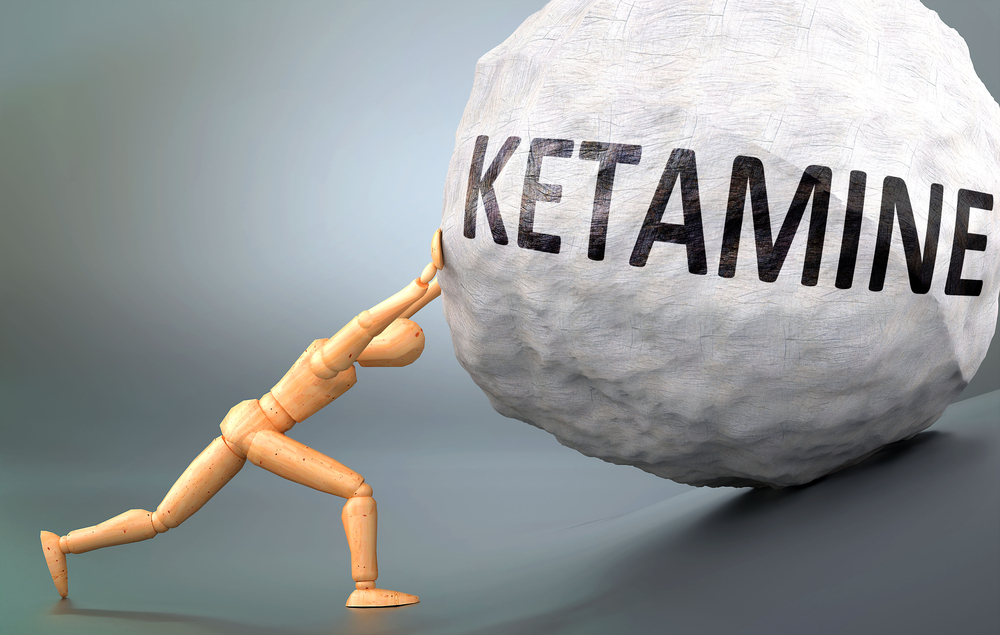In a new study, researchers found that ketamine failed to beat placebo for PTSD. In their analysis of six existing trials of ketamine, they found that both the drug and the placebo group improved rapidly. At one and two weeks post-infusion, the drug failed to beat placebo. At 24 hours, ketamine just barely beat a saline solution—but failed to beat an active placebo that mimicked ketamine’s side effects.
“While ketamine was associated with a reduction in symptoms, the effect was generally not stronger than control conditions,” the researchers write. They add, “Placebo is the likely mechanism behind reported therapeutic effects.”
The study was led by Nicholas C. Borgogna at Texas Tech University and published in the European Journal of Psychotraumatology.
















Lol – tell that to the K heads I know and watch them get perplexed.
Psychiatrists will do anything rather than getting to know someone.
Report comment
I guess the mirror on one’s self is ugly, and the mirror in others is difficult for some people.
Report comment
okay but it the side effects that’s why it works and the placebo mimicked side effects so… what is the point of this? It puts you in a mental state that feels like your senses and your mind are breaking down into component pieces and then everything reconstructs itself at the end. I don’t know any other way to describe it, and I know that that sounds absurd. But it lets you recontextualize stuff, like a controlled reboot of your consciousness that you’re for the most part aware of.
Report comment
I’m interested in what type of dosage they were using as well as if all methods of administration were as ineffective… I personally used ketamine treatment regularly for about a year and noticed a big reduction in symptoms. I went into it for depression with, honestly, little expectations of it helping let alone it helping the cPTSD symptoms. I took it at home sublingually at a rather high dose intended to instigate a deep psychedelic experience. That being said, I did a lot of work outside of the treatment itself both during and years prior and I also know that everyone is so very different in how they take to things. I’m grateful for the experiences I’ve had
Report comment
There is a mexican movie, by “El indio Fernandez”, called “El rincón de las vírgenes”, that told me anything I needed to know about peddlers, snake oil sellers, irrationals, superstitions and the like.*
I saw it when I was a young boy, and I saw in public streets a lot of peddlers of vitamin CH, from chayote, an inexistant vitamin. A Tin Tan movie, another great mexican actor. Don’t remember the name of that movie, but he played a peddler in it, for a short while.
Watching “El rincón de las vírgenes” might make skeptics out of believers.
Out of my place, addmitedly, but I recomend you to watch it….
* El indio fernandez was not a nice person. There are a lot of narratives about that. But the movie, to me, beats ALL I have seen staring or directed by him. It was a vaccine for me against superstitions, pseudoscience and the like, even if I didn’t knew that back then, very privileged for me being mexican, “Que me entierren al pie de los Magueyales”. I thank everyone, almost, for that, including him…
Report comment
Okay,
I’ll bite.
a single transfusion is like a single dose of an antibiotic.
Report comment